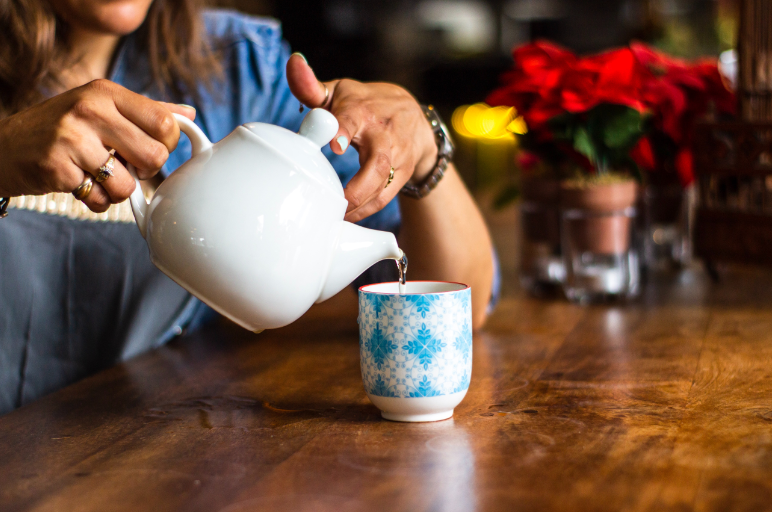Guest blog: Substance Abuse and Healthy Relationships

Guest blog written by Addiction Campuses exclusively for Genesis Women’s Shelter & Support
Substance abuse does not cause domestic violence, whether the victim or perpetrator of violence is abusing drugs or alcohol. However, there is evidence linking substance abuse to approximately half of all reported intimate partner violence (IPV) events (Soper, 2014), which is cause for a closer look.
Substance Abuse and Healthy Relationships
Healthy relationships can be impacted by substance abuse and addiction, and there certainly is a link between unhealthy relationships and substance abuse. Some victims of domestic violence and other traumatic experiences have reported substance use as a coping mechanism. Others have been coerced by their abusive partner into using drugs or alcohol, and then controlled via their substance abuse (Collins, et al., 2002). Wanting to become sober can become a source of fear, if their abusive partner threatens to disclose their addiction to authorities, especially when children are involved.
Research has shown that both substance abuse and domestic violence are strongly correlated to childhood abuse and trauma (Chen et al., 2013; Edmund & Bland, 2011; Faulkner et al., 2014; Jackson et al., 2015). Even though we are aware that these correlations exist, it is difficult to tell what factors are causing which outcomes, but we do know there is a strong relationship between them all.
Regardless of these correlations, substance abuse treatment is an important step forward for anyone struggling with addiction, especially in a domestic violence situation. Removing the haze of drugs and alcohol, while providing healthy coping strategies and counseling can help those in recovery move forward.
Individuals who could benefit from substance abuse treatment who also have a history of domestic violence may have unique needs. A women’s only substance abuse treatment program can focus on the specific needs of women and provide a safe space for women to explore the nature of their addiction and trauma. Some of these facilities allow for young children to attend treatment with their mother, which has been reported as a significant reason many women don’t seek substance abuse treatment (Logan, et al., 2004).
It is possible to have a healthy relationship that offers support, communication, love, generosity, care, hope and a positive future. Taking the time to focus on yourself and allow yourself to heal and grow as an individual can help you identify the things you want out of a relationship, and also what you want to contribute to the relationship. Building up the proper support system can be a critical step for you to create a foundation for the life you desire.
Whether it is committing to substance abuse treatment or attending counseling, there are options available that can help you. Shelters have connections with local resources, and are usually able to find counselors, treatment programs or facilities that best meet the needs of their residents. Seeking assistance may seem difficult, but you are not alone.
For more information on domestic abuse, sexual violence and substance abuse, click here.
